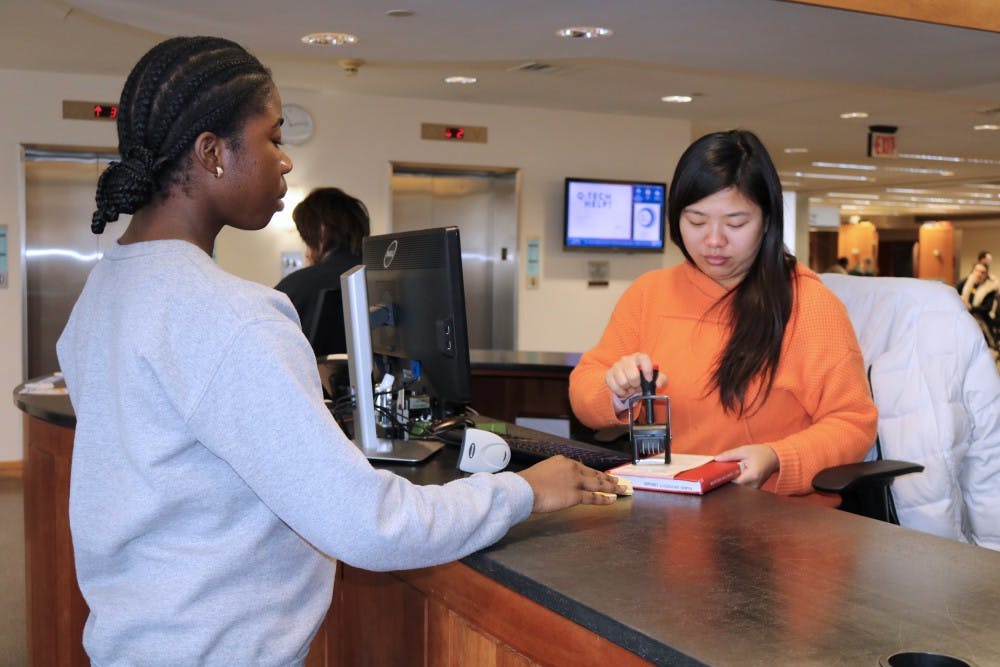
When was the last time you sat down to read a book between early May and late August? When was the last time you read for fun — at all? During the academic year, we are often preoccupied with our academic responsibilities and extracurricular activities, and when we find outlets for ways to decompress after a long week of work, the entertainment we seek oftentimes comes in the form of Netflix or scrolling through our social media feeds. These are pretty conventional go-to’s. But what if you were to read a book instead?
As immediately gratifying as watching movies and TV shows can be as a way to decompress after a long week, it’s just not the same as reading. On the one hand, there exists the black hole of binge-watching — once you start, you cannot stop. The other issue is that watching a TV show or movie doesn’t ignite the same sense of curiosity that reading can. The act of reading requires that the mind stretch itself. There aren’t images right in front of you that tell you exactly what you should think. Instead, it’s up to you to take the words in front of you and imagine what is going on and what will happen.
You might argue that you read enough for your humanities classes. However, the humanities classes you take, which offer heaps of assigned reading, are insufficient. To begin with, many students don’t actually do all of the reading that they’re assigned. But even those who stay on top of their reading assignment, or at least try to, are not consistently building skills or expanding their minds in the ways that reading has the potential to do.
Instead, they are noting what may be important for answering a particular essay question or test prompt. These prompts assume you understand the main idea of what you are reading and ask you to think about how that reading relates to the theme of the class.
Your assigned reading is also just that — assigned. Reading what you want to read actually bears a lot of benefits. For one, it can decrease stress levels by up to 68%, according to a recent psychological study at the University of Sussex. It also helps to increase our attention spans, which are severely shortening due to the role of modern-day gadgets. When you consider the rapidity with which we obtain information on our social media feeds, it only makes sense that we struggle to focus on just one task at a time. By training our minds to focus on something that is presented to us in a continuous stream of words and ideas, we can slowly regain our concentration abilities, which will enrich our academic and extracurricular endeavors.
Aside from the pleasure that we can derive from reading what we’d like, there is also a more pre-professional basis to the habit of reading. Don’t forget that almost any graduate school admissions exam tests reading comprehension abilities. Many students lack the ability to grasp the main idea of an excerpt or infer meaning behind particular statements — two essential features of tests like these. By the time many college students take standardized tests to get into almost any graduate school, their reading comprehension abilities tend to hold them back. It seems that chronic issues with reading that date back to their early academic years persist into their college years.
In order to read more, we need to incorporate the act of reading into our daily routine. Even reading one or two full-length articles from a fairly reputable newspaper or reading a chapter of a book can make a difference. Reading for fun, rather than simply what you have an obligation to study, is of utmost importance. By choosing to read about what interests you, you will slowly become a more voracious reader. The act of reading will be something you will look forward to, rather than a burden or an obligation.

ALEX SILBERZWEIG is a College senior studying Science, Technology, and Society. Her email address is alexsil@sas.upenn.edu.
The Daily Pennsylvanian is an independent, student-run newspaper. Please consider making a donation to support the coverage that shapes the University. Your generosity ensures a future of strong journalism at Penn.
Donate






